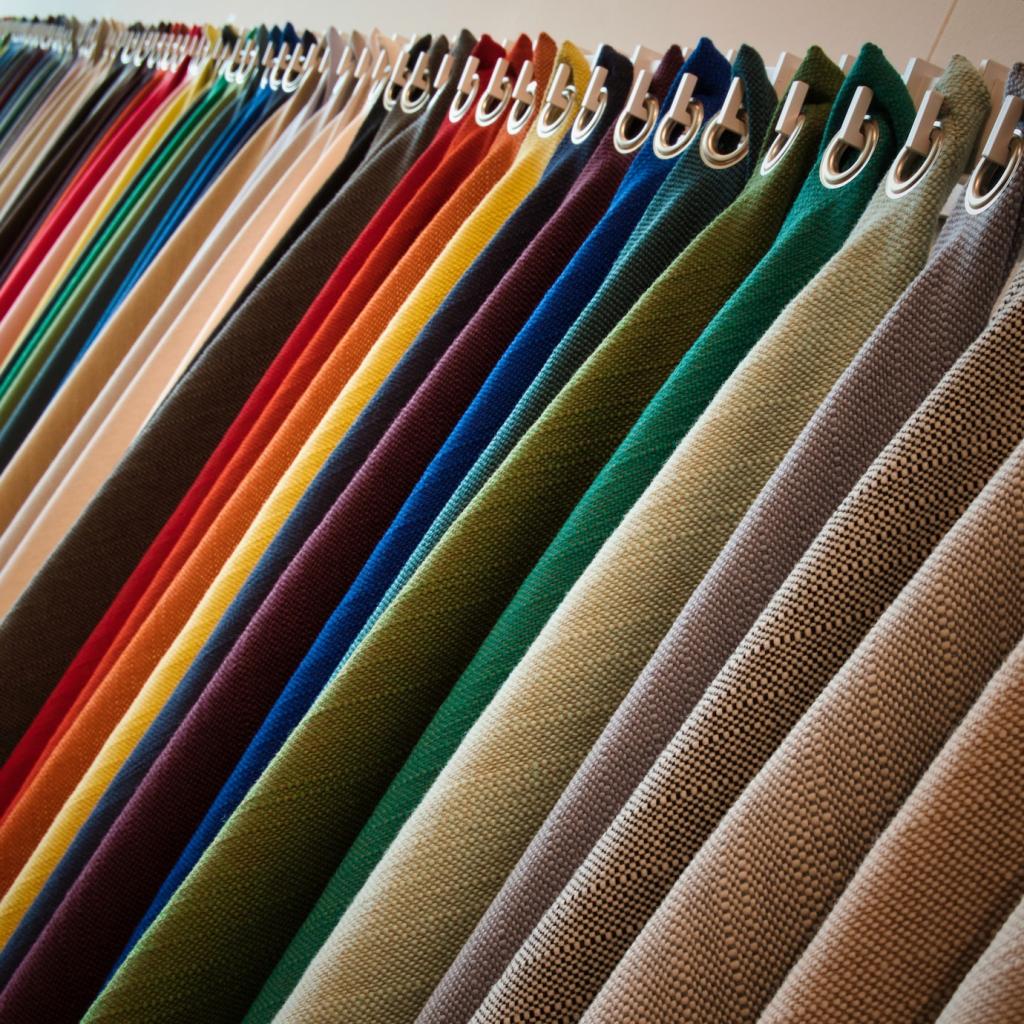
How to Choose Fabrics for Custom Silk Pillowcases
Chosen theme: How to Choose Fabrics for Custom Silk Pillowcases. Explore the touch, science, and craftsmanship behind luxurious sleep, and learn how to select silk that truly suits your skin, hair, and home style.
Mulberry silk, prized for long, uniform fibers, offers the smoothest glide and consistent sheen ideal for nightly use. Tussah and Eri silks feel slightly nubbier, with a more organic character many love for natural aesthetics. Try swatches against your cheek before deciding, and tell us which feel wins your bedtime test.
Know Your Silk: Types and Weaves That Shape the Feel
Charmeuse delivers a glossy face and matte back, giving hair-friendly slip without feeling slick. Twill offers subtle diagonal ribs and excellent durability. Habotai is featherlight and airy, perfect for ultra-soft cases. Jacquard adds woven patterns that elevate décor. Compare drape and shine in daylight, then share your preference in a quick comment.
Know Your Silk: Types and Weaves That Shape the Feel
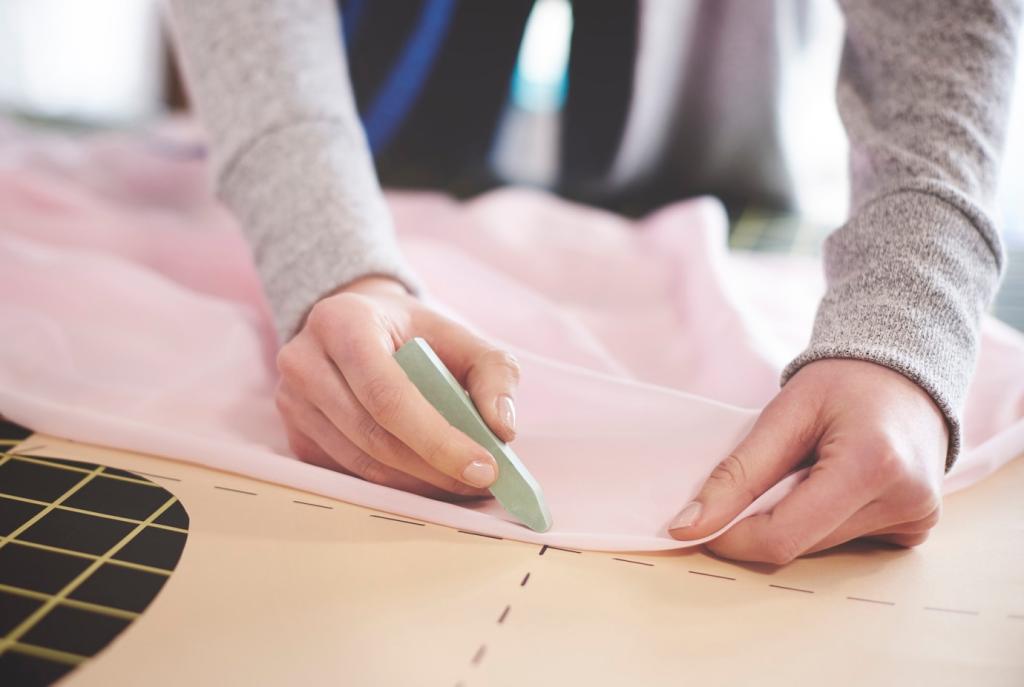
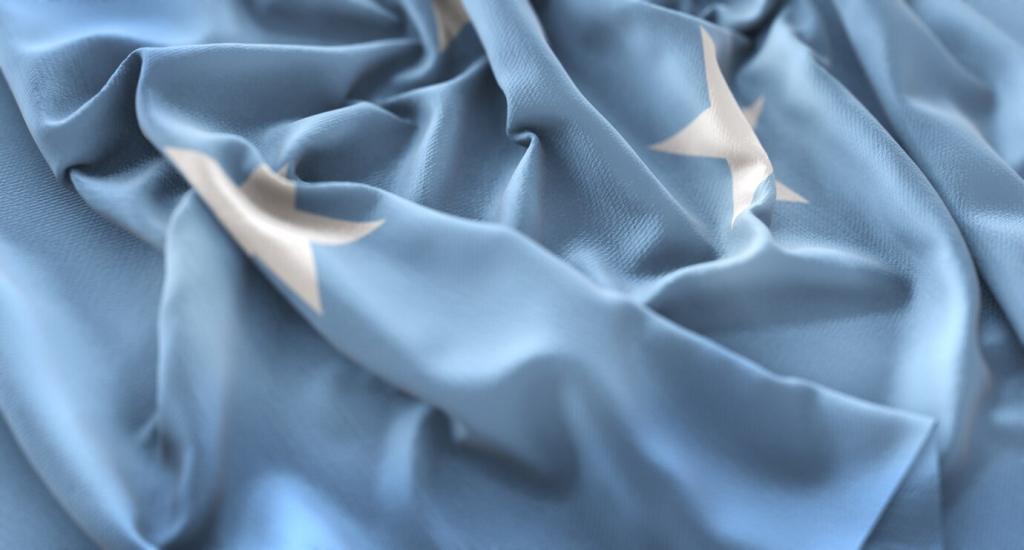
Performance in Bed: Glide, Breathability, and Temperature
Silk’s low friction helps prevent overnight tangles, breakage, and bedhead, especially for curls and fine or fragile hair. Charmeuse typically offers the best glide, lowering mechanical stress as you turn. If hair health is your priority, rub swatches lightly with a strand to feel tug versus glide, then report your results below.
Performance in Bed: Glide, Breathability, and Temperature
Natural silk breathes and wicks moisture gently, helping your face feel less clammy. Lighter momme silks feel cooler, while heavier weights buffer drafts for steadier comfort. If you sleep hot, start with 19–22 momme. Test by cupping fabric over your mouth and breathing; note airflow, and share your observations with fellow readers.
Color and Dye Integrity: Beauty That Does Not Bleed
Piece-dyed silk is colored after weaving, offering broad palettes and quick availability. Yarn-dyed fabrics lock color into threads first, often improving depth and pattern crispness. Both can perform beautifully when well finished. Ask suppliers how the fabric was dyed, then request care instructions in writing to ensure lasting vibrancy.
Color and Dye Integrity: Beauty That Does Not Bleed
Dampen a white cotton pad with cool water and press firmly onto your silk swatch for thirty seconds. If color transfers, ask about improved fixation or choose another lot. Repeat with a diluted, pH-neutral detergent solution. Share your test photos and results to help others avoid color surprises after the first wash.
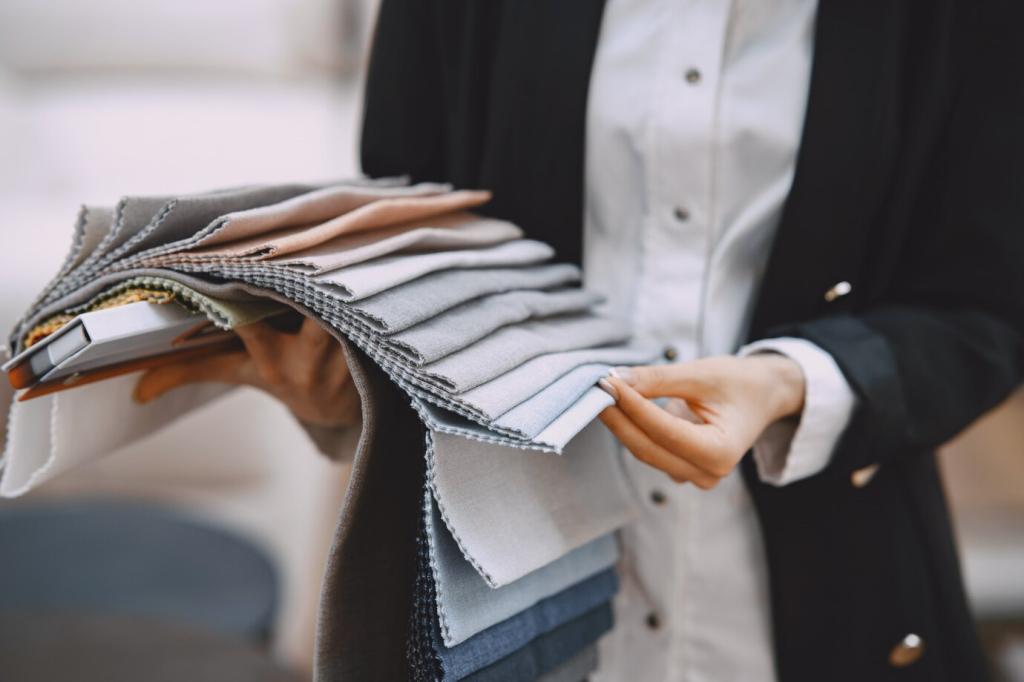
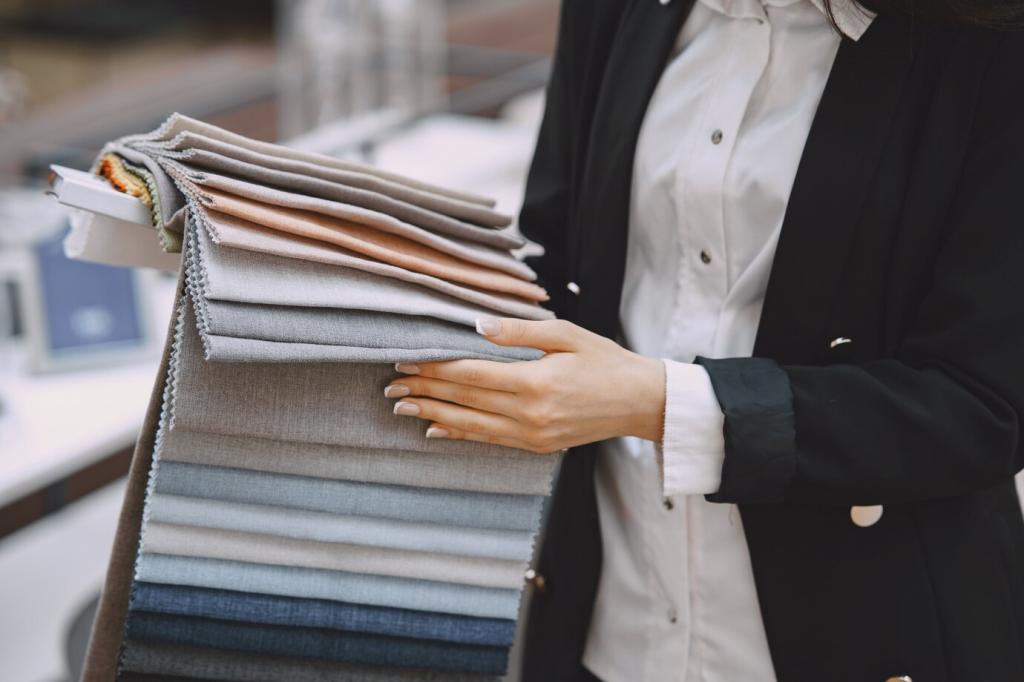
Care and Durability: Making a Custom Choice That Lasts
If you wash weekly, 22–25 momme charmeuse offers a resilient sweet spot. Light 19 momme feels floaty but needs gentler handling. Heavy 30 momme provides luxe heft and better abrasion resistance, ideal for zippers or piping. Comment with your washing frequency, and we’ll recommend a tailored momme range in upcoming issues.
Care and Durability: Making a Custom Choice That Lasts
Use cool water and pH-neutral, enzyme-free detergent to protect silk protein. Turn cases inside out, tuck into mesh bags, and avoid bleach or optical brighteners. Air-dry flat away from direct sun; a brief low tumble can soften if your care label allows. Share your proven routine so newcomers can mirror your success.
Care and Durability: Making a Custom Choice That Lasts
French seams or narrow overlock minimize fray. Envelope closures reduce hardware abrasion, while hidden zippers need slightly sturdier fabric. Use fine polyester or silk thread and a Microtex needle to prevent snags. If you sew, tell us which seam and closure worked best with your chosen silk and why.

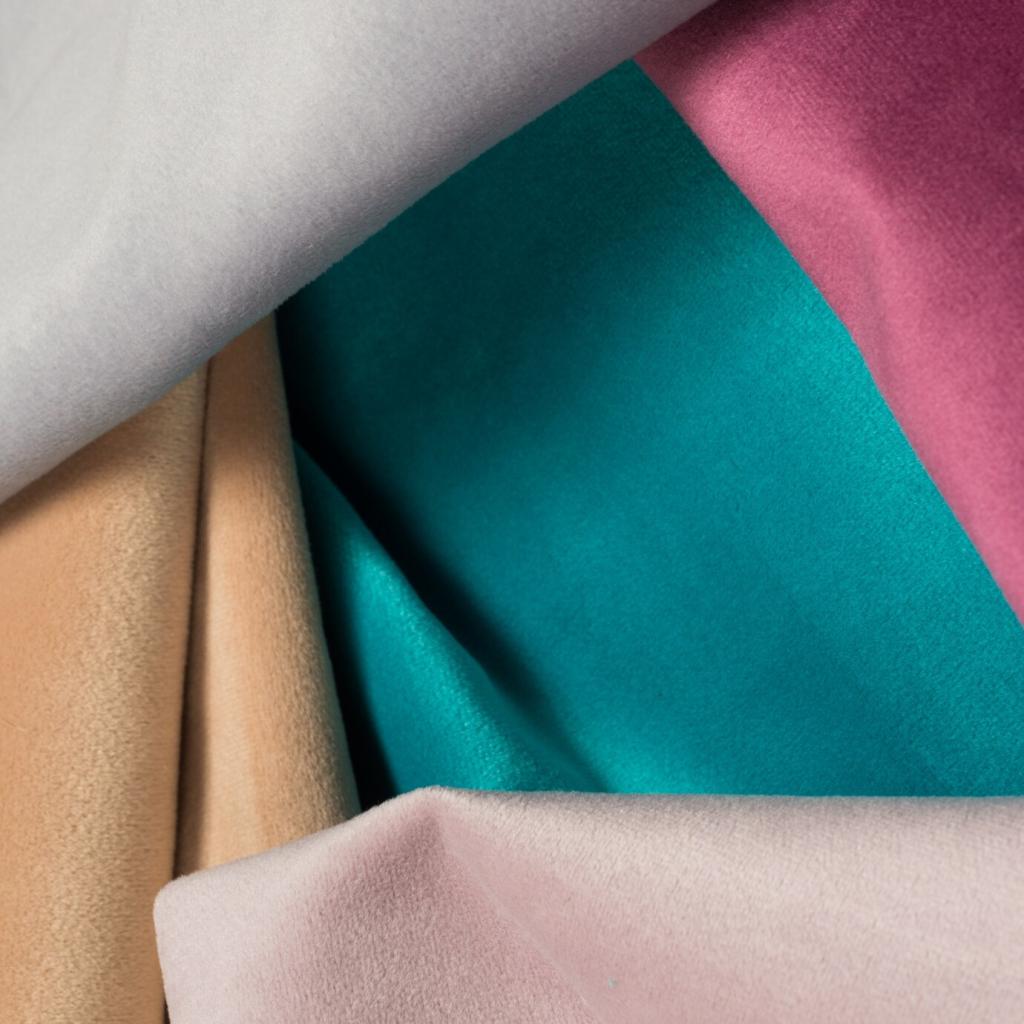
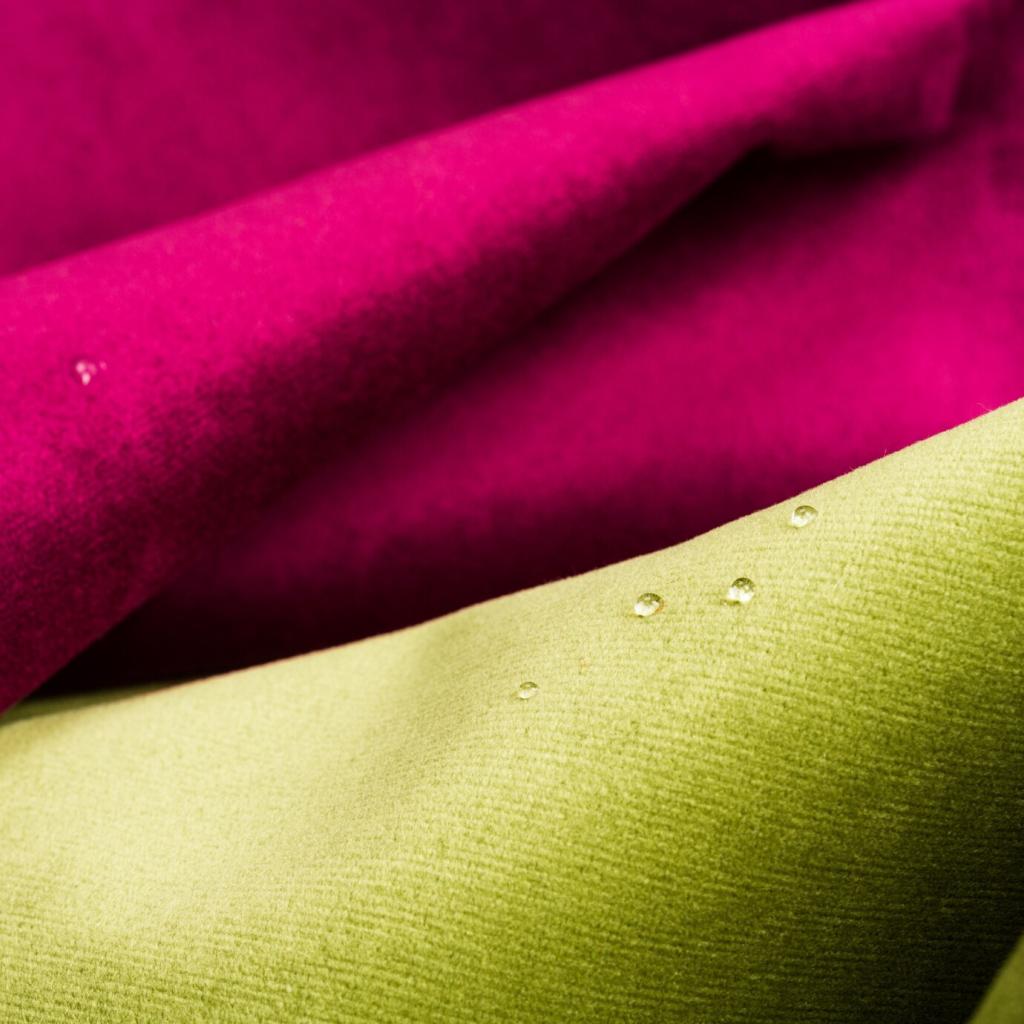
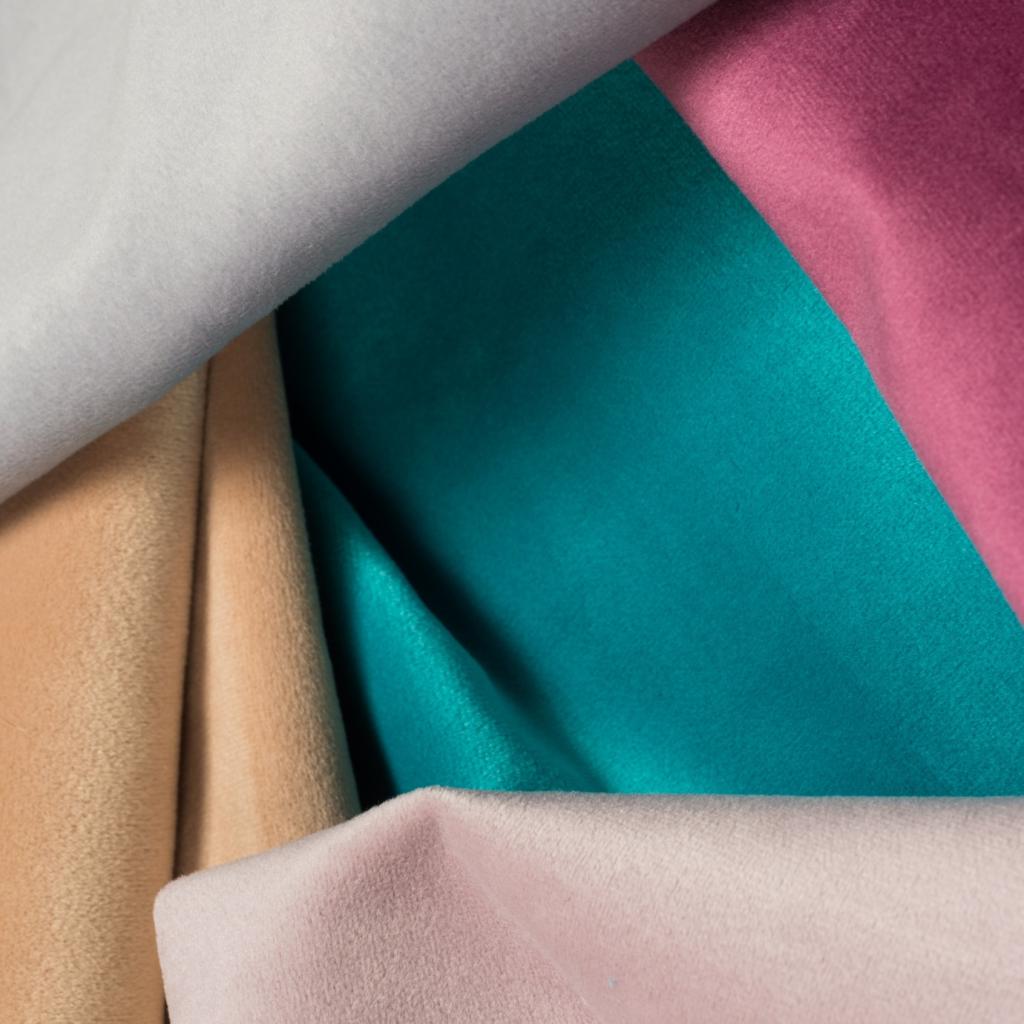
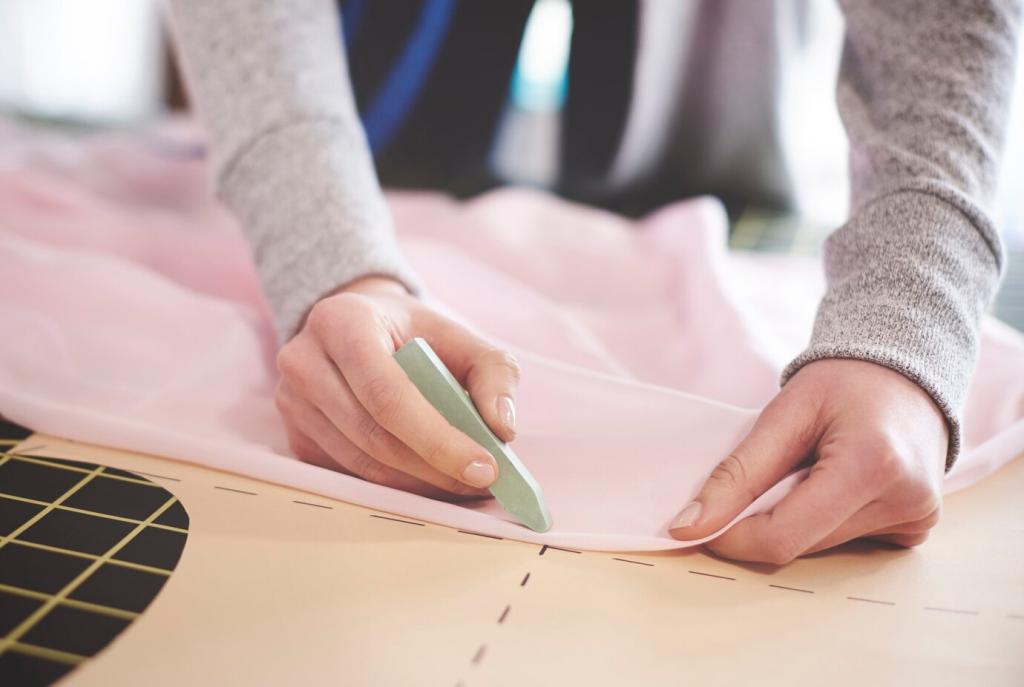
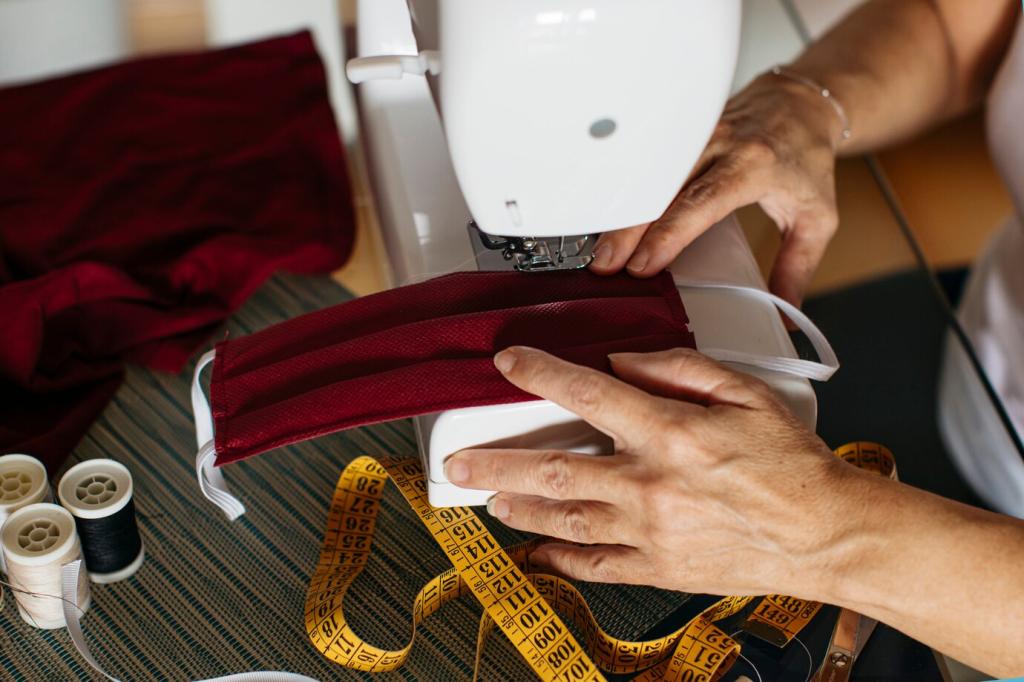
Stories From the Pillow: Real Choices, Real Sleep

One reader swapped from a featherlight 19 momme to 25 momme charmeuse after repeated tangles. The heavier weave reduced friction, and morning comb-outs took half the time. If you tried a similar upgrade, share your before-and-after photos and whether the change felt cooler, warmer, or just right.
